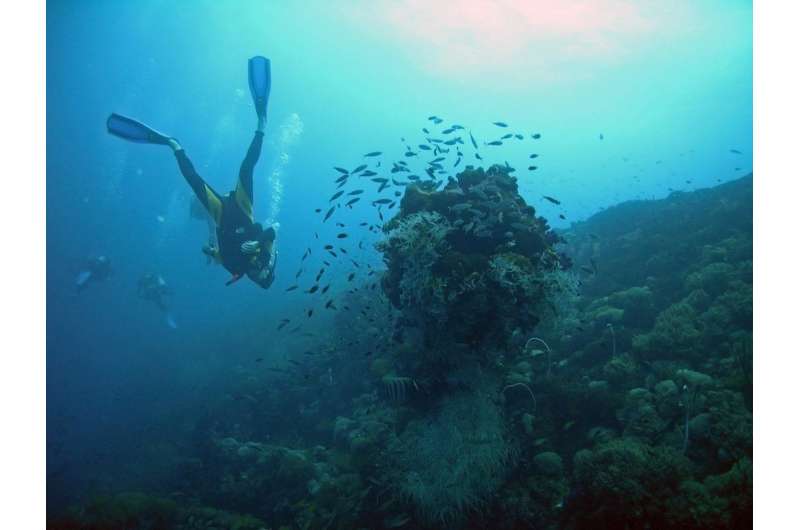Australian tourism policies fail to address climate change

Australia's Federal and State governments are failing to produce effective long-term tourism policy to address climate change, according to the findings of new QUT-led research.
- Tourism contributes to climate change
- Tourism policy on climate change in Australia is inconsistent and ineffective
- Federal and state governments are not collaborating on best practice approaches to tourism policy on climate change
- The tourism industry can contribute to the sustainable management of climate change
Dr Char-lee Moyle, from QUT's Australian Centre for Entrepreneurship Research, and her co-authors from Griffith University and James Cook University analysed 477 relevant documents for their paper - Have Australia's tourism strategies incorporated climate change?
Just published in the international Journal of Sustainable Tourism, it reveals only 21% of Australia's tourism strategies mention climate change, with most simply acknowledging it as an issue.
"Despite the fact tourism is worth billions of dollars to our economy and has been found by scientists to accelerate climate change, only five Australian tourism strategies analysed by us (one per cent of the entire sample) even recognised the sector's impact," Dr Moyle said.
"Looking at policy documents from 2000-2014, we have seen Australia's tourism strategies increasingly focus on adaptation strategies, with mitigation appearing to have fallen off the policy agenda in recent years.
"Even certification and accreditation schemes are essentially viewed by industry as adaptation measures and a way to reduce climate change induced costs such as rising electricity bills."

Dr Moyle emphasised the link between tourism climate change rhetoric and federal government election cycles.
"We found significantly more tourism climate change strategies were produced during the years the Australian Labor Party was in power at the federal level, with a peak in 2007," she said.
"State Governments appear to be far less proactive in considering climate change in relation to tourism and, conspicuously, New South Wales did not even mention climate change in any state-level tourism strategies."
Dr Moyle said there was significant room for the tourism sector to improve and step up action, particularly in developing tangible adaptation and mitigation policies.
"There are opportunities for the tourism industry to contribute to the sustainable management of climate change, including through the development of more 'green' products and implementing more environmentally-friendly practices," Dr Moyle said.
She added that many initiatives proposed and subsequently implemented no longer exist, indicating an extremely dynamic climate change policy environment, as well as a lack of long-term consistent support and planning for tourism climate change response.
"On a positive note, there has been an increased focus on identifying opportunities, strategic needs, barriers, challenges and potential actions in relation to climate change since 2008," Dr Moyle said.
More information: Char-lee J. Moyle et al, Have Australia's tourism strategies incorporated climate change?, Journal of Sustainable Tourism (2017). DOI: 10.1080/09669582.2017.1387121
Provided by Queensland University of Technology


















